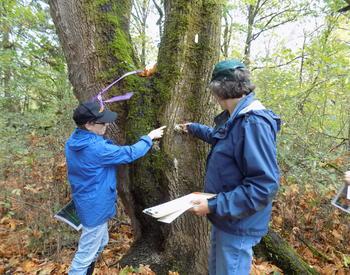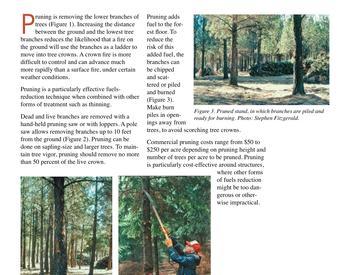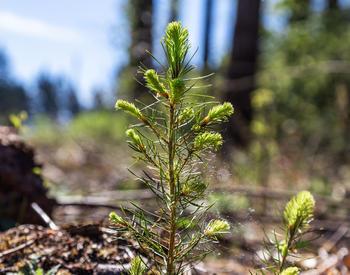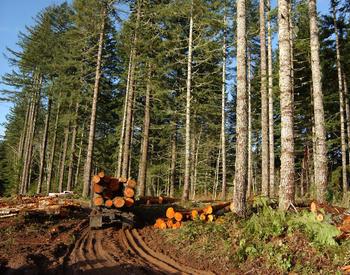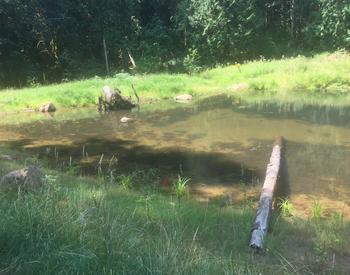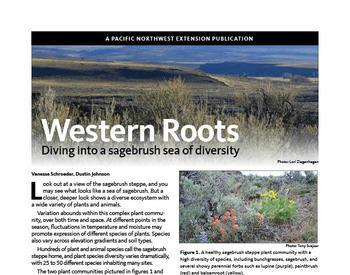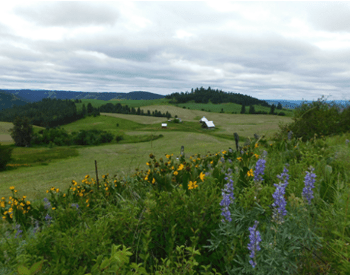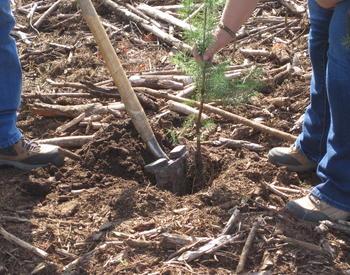Most small woodland owners want to manage their forests for a wide range of benefits, including wildlife habitat, aesthetics, long-term income and carbon sequestration. This class will introduce you to basic principles of forest ecology in the Pacific Northwest, and how these principles can be translated to active forest management practices that yield diverse forest products and ecosystem services.
You will learn strategies for evaluating your forest, and an understanding of the trade-offs inherent to managing for multiple values. Further, management options for optimizing both ecological and economic values will be proposed for forests ranging from newly established plantations to older stand types.
Resources:
